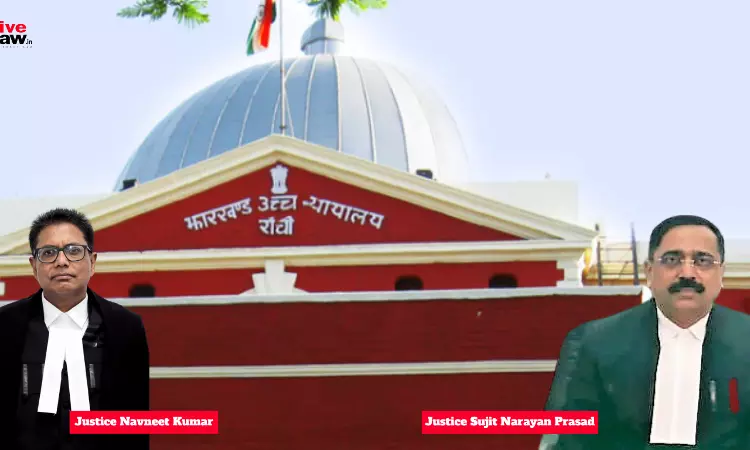Can't Deny Medical Reimbursement By Discriminating Between Indoor Patient And Outdoor Patient: Jharkhand High Court
Bhavya Singh
16 Oct 2023 10:30 AM IST

Next Story
16 Oct 2023 10:30 AM IST
The Jharkhand High Court has held that the determination of whether a patient should be categorized as "indoor" or "outdoor" depends on the expert judgment of the attending doctors at the respective hospital. The Court has further emphasized that if the medical professionals decide to provide treatment without hospitalizing the patient as an "indoor patient," then denying reimbursement...
